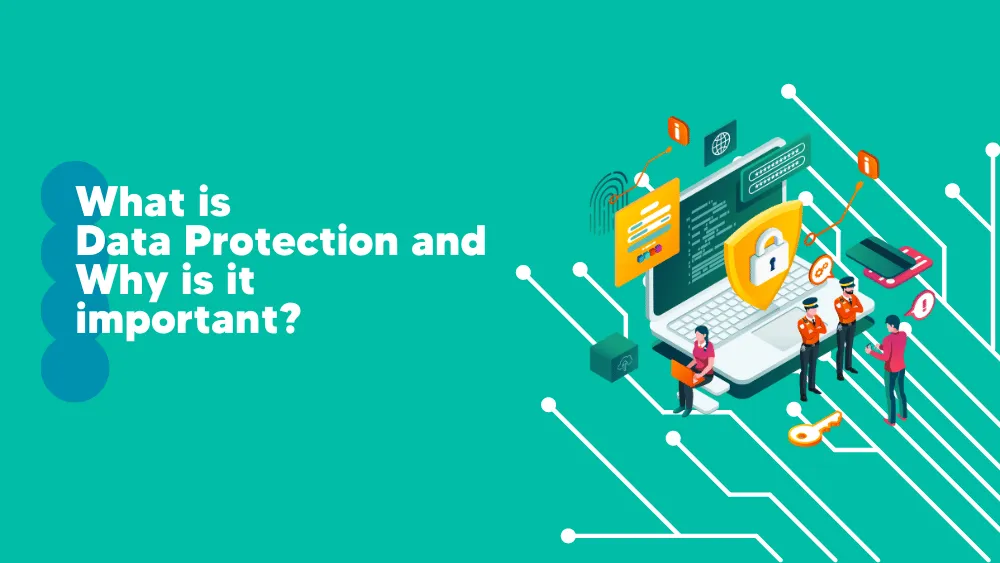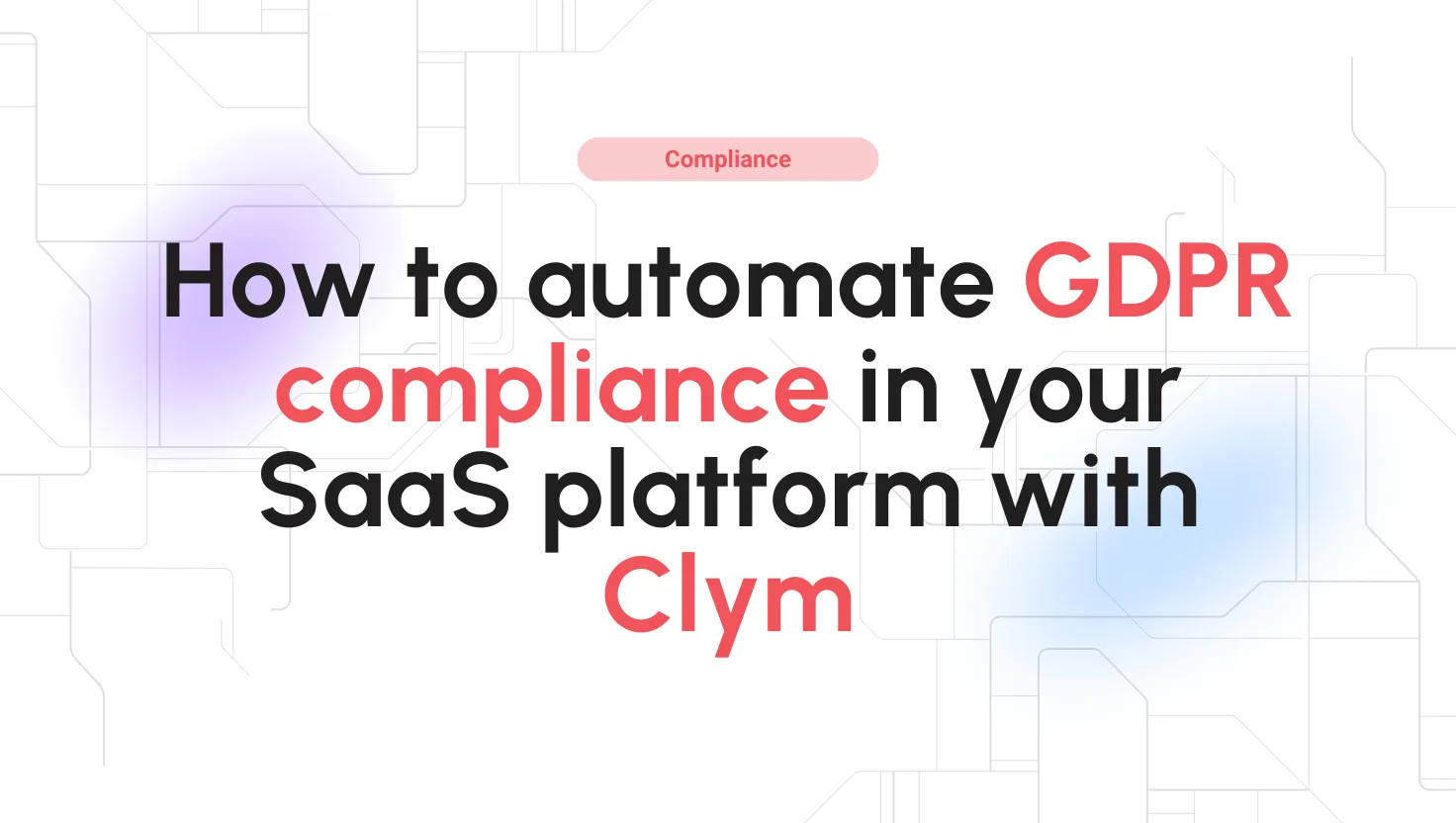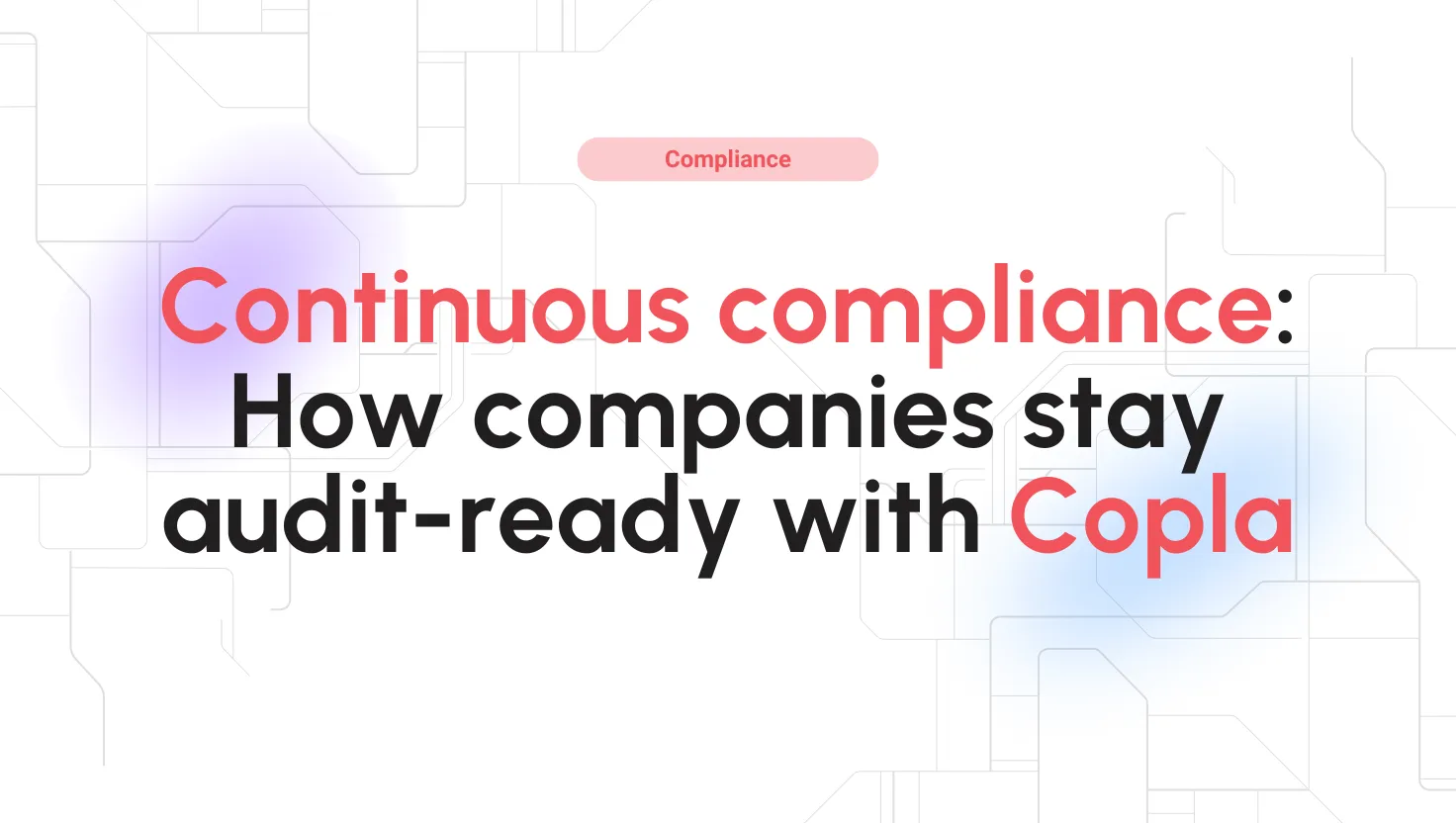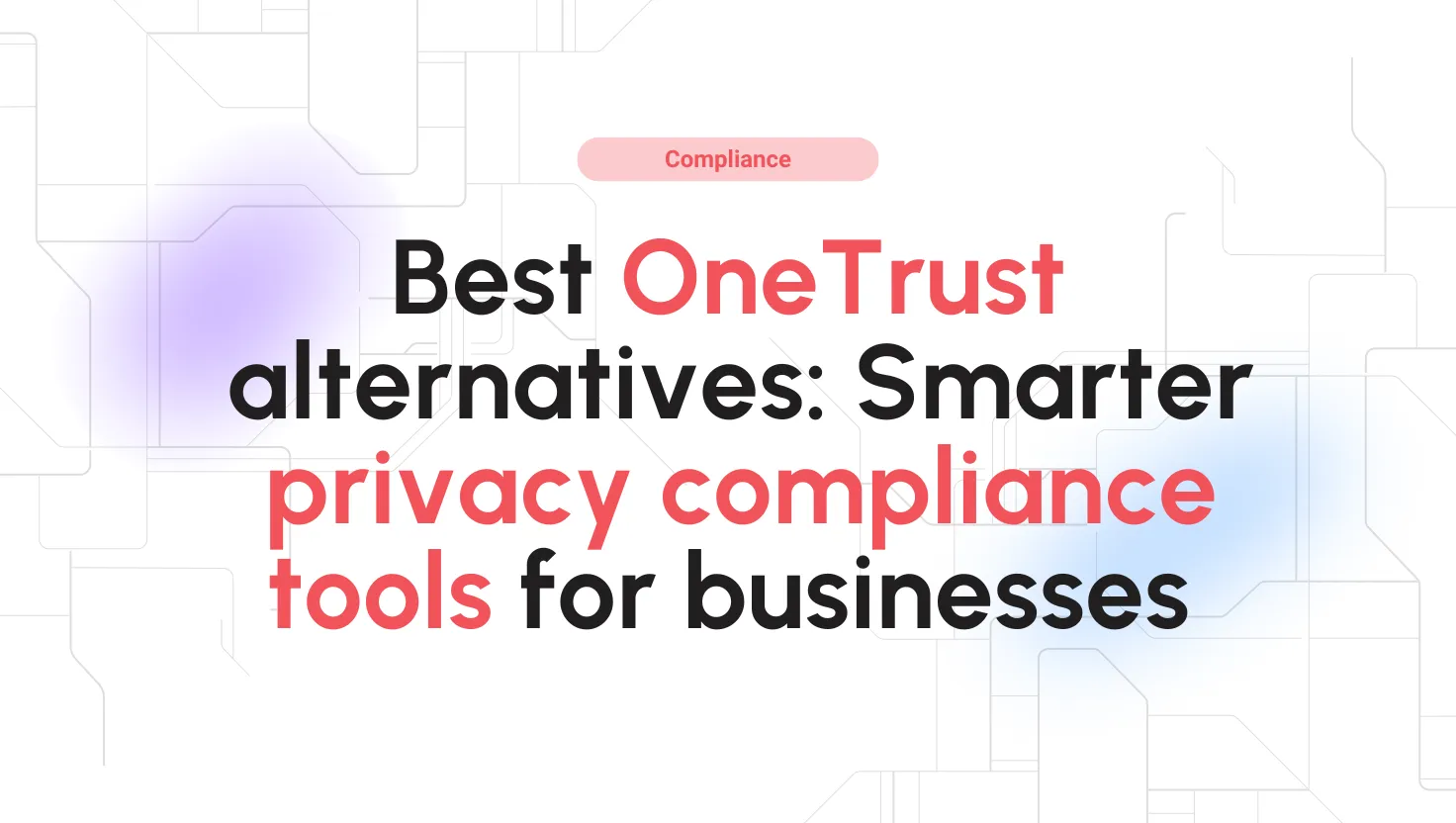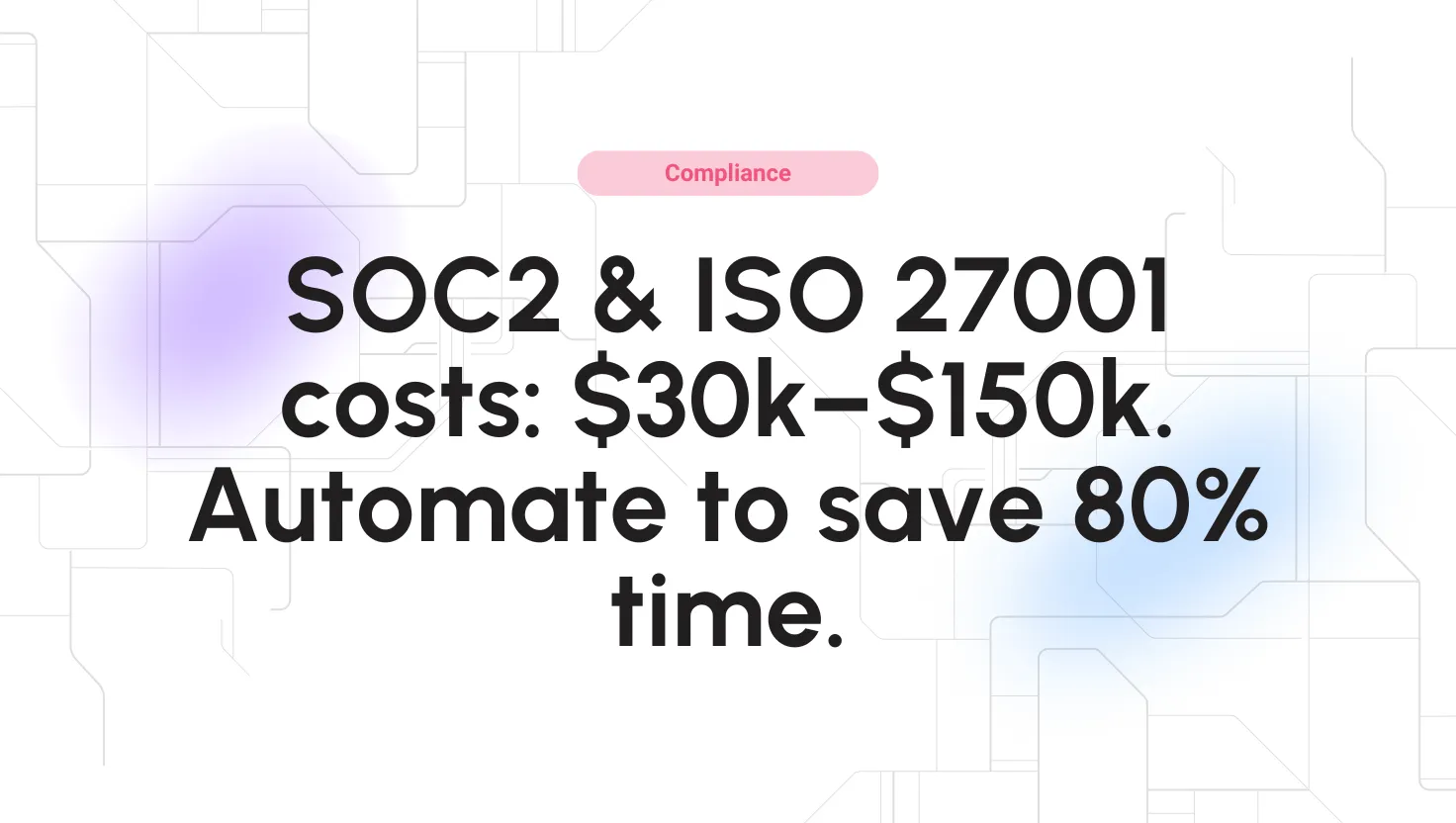Software as a Service (SaaS) has taken center stage in today’s digital world. Everywhere you look, businesses big and small are tapping into SaaS tools to make things run smoother and faster. And guess what? This switch to online tools means a lot more data floating around.
More data means more responsibility. Every click, purchase, or chat made using these platforms becomes a piece of data that businesses need to keep safe. And while SaaS brings a lot of perks, it’s also caught the eye of people who might want to steal or misuse that data. So, data breaches, where unauthorized ones get their hands on information they shouldn’t, have become big news. This brings us to a vital point – while using SaaS is great, protecting all that data is now the new challenge.
Data Protection Dissected
At its core, data protection is about safeguarding the integrity of data. This means ensuring stored data remains immune from corruption, loss, or alteration. In the context of SaaS, where data often resides in cloud environments, data protection takes on a new level of importance. Users trust providers to store vast amounts of information, and the implicit promise is that this data, once stored, will remain as is, come hell or high water.
It’s easy to conflate data protection with other related terms like data privacy and data security, especially when they’re often used interchangeably in casual conversations. However, these are distinct pillars, each playing a crucial role in the SaaS ecosystem. To elucidate further:
Contrasting with Data Privacy
While data protection ensures the cat doesn’t get your tongue, data privacy ensures that not everyone knows if you even have a cat!
Core Difference: Data privacy is all about who has access to data and how this data can be used. It deals with the control, handling, and sharing of data based on user consent and regulatory standards. In contrast, data protection is more about maintaining the original state of the data, keeping it free from unintended changes or corruption.
Distinguishing from Data Security
If data protection is about recounting a tale consistently, data security ensures that no unwanted eavesdroppers are lurking in the shadows.
Core Difference: Data security revolves around defending data from malicious threats and breaches. It’s about putting barriers, locks, and alarms in place. On the other hand, data protection ensures that the data remains untainted and undisturbed once inside those barriers.
The Importance of Data Protection for SaaS Businesses
Trust and Reputation
- Role of Trust in Customer Acquisition and Retention
Trust isn’t just a five-letter word in the SaaS world; it’s the backbone of every business-client relationship. When customers entrust their data to a SaaS platform, they’re not just sharing information; they’re handing over an element of their digital identity. Ensuring its protection means honoring that trust, which influences potential customers’ decision to board the ship and existing ones to stay aboard.
- Maintaining Brand Reputation Amidst Growing Competition
Maintaining a sterling brand reputation is paramount in the bustling SaaS marketplace, where new entrants pop up like mushrooms after rain. One data mishap can create waves of negative publicity. But by prioritizing data protection, SaaS businesses can rise above the noise, earning them a reputation as trustworthy data stewards.
Economic Implications
- The High Cost of Data Breaches
Data breaches aren’t just a blip on the radar; they come with a hefty price tag. This includes the immediate costs of addressing the breach and the ripple effects: increased customer churn, tarnished reputation, and the steep expenses associated with recovery. A stitch in time (through data protection) saves nine (in potential losses).
- Data Protection as a USP
In a market where differentiation can be challenging, positioning data protection as a unique selling proposition can be the ace up a SaaS business’s sleeve. Knowing their data is safe for discerning customers can decide between choosing one platform over another.
Regulatory and Legal Reasons
- Navigating the Complex Web of Regulations
With global reach comes the responsibility of adhering to global data protection standards. From the stringent requirements of the GDPR for European users to the consumer-focused mandates of the CCPA for Californians, compliance isn’t optional. It’s a must.
- The Stiff Price of Non-compliance
Non-compliance isn’t just about a slap on the wrist. Potential fines can run into millions, not to mention the legal ramifications and loss of business credibility.
Preventing Cyber Threats
- The Growing Bullseye on SaaS Platforms
As cyber threats evolve, SaaS platforms have become lucrative targets with their vast troves of data. The frequency and sophistication of these attacks are on the rise.
- Fortifying the Digital Fortress
Robust data protection isn’t just a shield; it’s a bulwark against these threats. It ensures that data remains consistent and untainted even when cyber-attacks are at the gates, preventing potential breaches and ensuring the sanctity of data.
Ethical Responsibility
- Balancing Innovation with Responsibility
Innovation is the lifeblood of the SaaS industry. But with great power comes great responsibility. Balancing cutting-edge features with responsible data handling and processing is an ethical imperative for every SaaS business.
- Prioritizing User Rights
In the digital age, data is often considered the new oil. But unlike oil, data pertains to individual identities, preferences, and secrets. Respecting and prioritizing user rights isn’t just good business sense; it’s a moral duty for SaaS platforms.
Key Elements of Effective Data Protection for SaaS Businesses
Ensuring robust data protection is more than a precautionary step; it’s the cornerstone of sustainable growth and user trust. As businesses journey through the SaaS landscape, certain elements stand out as the guardians of user data. Here’s a closer look at these essential components.
Data Encryption: The Fortified Digital Vault
We’ve all heard the phrase “It’s all Greek to me” when faced with incomprehensible jargon. Think of encryption as translating your data into “Greek” so that prying eyes find it unintelligible. Especially during transmission, where data is most vulnerable, encryption ensures that even if intercepted, your data remains a puzzle that can’t be pieced together without the unique decryption key.
Access Control: The Guard at the Gate
“Too many cooks spoil the broth.” Similarly, unnecessary access to data can spell disaster. Access control isn’t just about limiting who enters the data realm; it’s about defining roles and responsibilities meticulously. SaaS businesses can significantly diminish the risks of accidental breaches or misuse by ensuring that only authorized personnel with clear responsibilities can touch sensitive data.
Data Backup: The Digital Safety Net
With their dynamic nature, cloud-based SaaS models can sometimes face unforeseen glitches. Regular and consistent backups ensure that, if something goes awry, there’s a recent snapshot of your data ready to restore order. This safety net is indispensable for ensuring business continuity and user trust.
Regular Audits and Assessments: The Periodic Check-up
SaaS platforms need regular evaluations of their data protection health. Periodic vulnerability assessments pinpoint weak spots, outdated systems, or potential threats tailored specifically for the SaaS model. By catching potential issues early on, businesses can stay one step ahead of potential cyber threats.
Employee Training
In the SaaS realm, every team member plays a pivotal role in data protection, whether they realize it or not. “Knowledge is power,” and in this case, the power to prevent mishaps. By ensuring all team members, from developers to customer service reps, understand the unique challenges and responsibilities of data protection in a SaaS environment, businesses create an informed and vigilant frontline defense.
Data Protection Challenges in the Age of AI and Big Data for SaaS
The digital realm is constantly evolving, and with the rise of AI and Big Data, SaaS platforms find themselves navigating a brave new world of opportunities and challenges. As these technologies permeate the SaaS industry, offering sophisticated tools and insights, they also bring about unique data protection complexities that need careful attention.
Addressing Potential Vulnerabilities Posed by AI-Driven Data Operations
Artificial Intelligence, while immensely powerful, is also a double-edged sword. The very algorithms that can process and analyze vast amounts of data in split seconds can also become gateways for vulnerabilities if not managed correctly. Here’s what to consider:
- Algorithmic Biases: AI is only as good as the data it’s trained on. If this data contains inherent biases, the AI system can perpetuate or even amplify these biases, leading to skewed results and potentially harmful actions.
- Opaque Operations: Traditional software operations are rule-based and predictable. In contrast, AI operations, particularly deep learning models, are often labeled as “black boxes.” This means their decision-making processes are not easily interpretable, making it challenging to identify when and where things might go wrong.
- Increased Surface for Attacks: As AI models become more complex, they provide a broader surface for potential attacks, such as adversarial inputs designed to trick the AI into making false predictions or conclusions.
Ethical Considerations and the Need for Transparency in AI-Powered SaaS Platforms
Ethics and transparency are paramount when integrating AI into SaaS platforms. It’s not just about protecting data; it’s about ensuring it is used responsibly.
- User Consent: As AI models become more predictive and personalized, they often need more user data. It’s crucial to ensure that users are fully aware of how their data will be used and have given explicit consent.
- Transparency in Decision Making: When an AI system makes a decision, be it a content recommendation or user categorization, the logic behind that decision must be transparent and understandable. This builds trust with users and ensures that any mistakes or biases in the AI’s decision-making can be corrected.
- Balancing Automation and Oversight: While AI can handle vast amounts of data operations automatically, there should always be a system for human oversight. This helps catch anomalies and ensures that the human touch, with its understanding of context and nuance, is not lost.
Conclusion
In the digital age, data reigns supreme, and its protection is equivalent to preserving trust, reputation, and even the economic viability of businesses. As central repositories of vast amounts of data, SaaS platforms have an inherent responsibility to ensure the sanctity and safety of this digital treasure.
While the advantages of SaaS are evident, its challenges in data protection, especially with the advent of AI and Big Data, underline the need for continuous vigilance, innovation, and commitment. Ultimately, as technology continues its rapid advance, the core principles of ethics, transparency, and responsibility will steer SaaS platforms toward a future where data is not just protected but revered.

